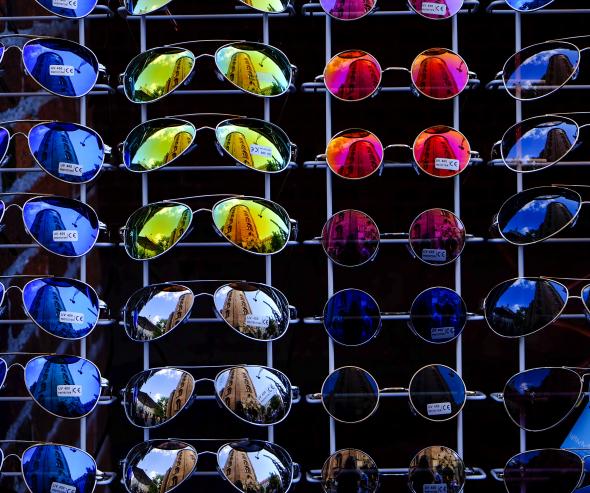Ray-Ban sun products : Bausch & Lomb penalised for imposing sales prices on its network

In a decision dated 19th July 2001, following a referral by the company Casino France, the Conseil de la concurrence found that the company Bausch & Lomb had breached the provisions of Article L. 420-1 of the Code of Commercial Law, by imposing sales prices for Ray-Ban sun products on its network during the period 1995-1998. The Conseil fined Bausch & Lomb a total of 500,000 FF for this practice.
From 1995 onwards, the company Bausch & Lomb had introduced a selective distribution policy for Ray-Ban products, which was intended to maintain the brand's image and prestige.
The selective distribution contracts contained provisions for selecting distributors (professional qualification, after-sales service and street shop window required, sales outlet evaluations), as well as tariff policy measures (highly specific promotional policy, systematic discounts forbidden).
In this case, which raised issues concerning national law only, the Conseil based its deliberations on principles adopted by the European Commission in its vertical restrictions Regulation of 22nd December 1999. According to these principles, certain clauses linking suppliers to their distributors are likely to affect competition and thus remain prohibited, even where the market share of the company concerned is below 30%.
This is the case of practices whereby prices are imposed by suppliers.
On this basis, it was found that the company Bausch & Lomb used certain contractual clauses in the aim of preventing distributors from practising prices lower than those recommended and organising their promotions freely. To achieve this, Bausch & Lomb exerted various forms of pressure on the distributors (threats, warnings, penalties, late or suspended deliveries, surveillance of promotional activities).
This practice, which had the aim and the effect of obstructing the play of competition by prices for distributors located in the same trading area, constitutes an illegal price practice that justifies penalties.
On the other hand, the Conseil took the view that, given that Bausch & Lomb held only 25% of the French sunglasses market, the other clauses implicated, concerning the selection of distributors, had no anticompetitive aim or effect. In particular, the Conseil found that they were not intended to strengthen the policy of controlling the prices practised in relation to distributors.
This decision demonstrated the Conseil's concern with integrating further the lessons of economic analysis into the anticompetitive nature of the practices referred to it.